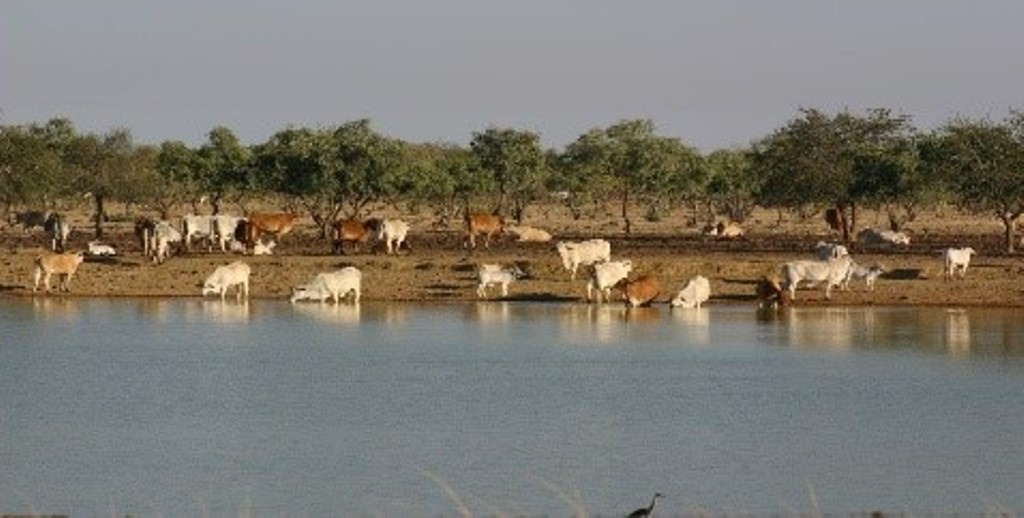Changes to Western Australia’s Johne’s disease requirements – What do the changes mean for Northern Territory producers?

The Western Australia’s (WA) Department of Primary Industries and Regional Development (DPIRD) introduced new Johne's disease (JD) import requirements for cattle and buffalo entering WA from 1 July 2021. These changes relate to livestock owner/manager and veterinarian declarations and JD testing requirements.
JD declarations
Northern Territory producer and veterinarian declarations for the Northern Territory (NT) exporting property are required on the LB1 Health Certificate for Movement of Cattle and Buffalo into WA.
The exporting owner/manager must complete the LB1 Health Certificate. The veterinarian must complete Part 2(e) of the LB1 Health Certificate and declare the date the screening test or check test was undertaken and provide a copy of the JD test results.
For all introduced cattle in the consignment, an additional JD producer declaration is required from each property where the introduced cattle were born or resided before 12 months of age.
For further information please go to the WA website: Johne’s disease (cattle strain) cattle import conditions for Western Australia - from 1 July 2021 | Agriculture and Food
JD testing requirements
From 1 July 2021 to 30 June 2024, transitional JD testing arrangements apply for NT and Queensland beef herds.
- From 1 July 2021, a negative faecal check test and a negative faecal screening test are required within 3 years prior to movement from the NT exporting property to WA property (exclusive of export and direct to slaughter movements).
- The NT exporting property can introduce other cattle into their herd not intended for movement to WA, provided there has been no suspected or known JD infection on the supplying property within the preceding 5 years.
- A second negative screening test will be required for importation after 30 June 2024 for NT properties and must be completed within 3 years of the first screening test.
- The 2 screening tests should be undertaken 2 to 3 years apart.
- *From 30 June 2024, all properties must meet the requirement for 2 negative screening tests.
- *Additional requirements apply to herds with less than 100 cattle (aged 3 years or older).
- Properties that are unable to meet the WA JD requirements for any reason may submit an application for import permit at a cost to the applicant.
JD faecal herd screening test
Berrimah Veterinary Laboratory (BVL) is a National Association of Testing Authorities accredited laboratory that provides JD testing. Faecal samples for testing must be collected by a registered veterinarian. Only appropriate sample pots will be accepted for testing.
More information
For more information on number of animals required to be sampled, refer to the WA website: https://www.agric.wa.gov.au/JD-cattle-import-conditions.
